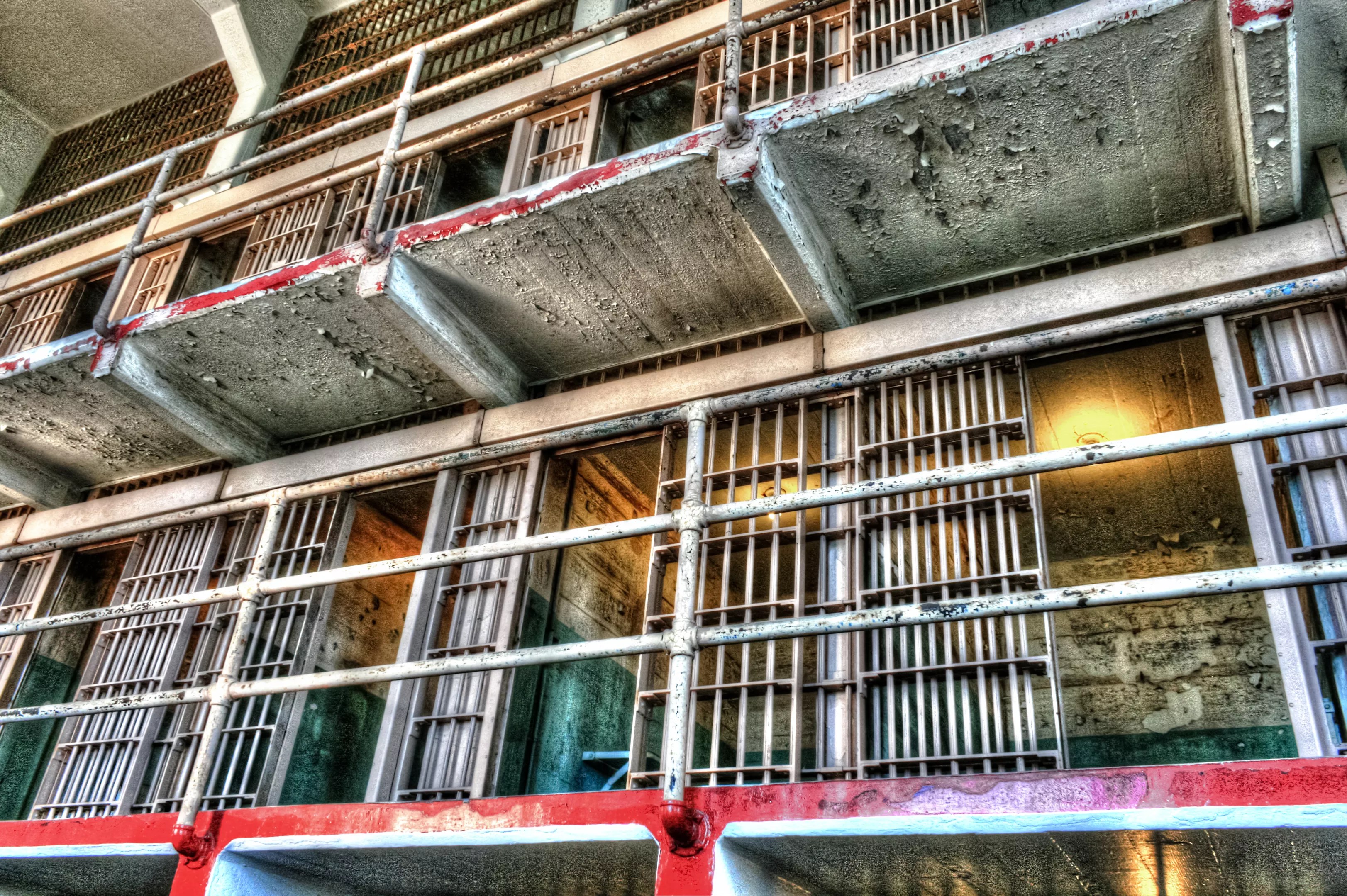
Photo by Sage Solar

Audio By Carbonatix
Faced with a long-term staffing shortage, the Florida Department of Corrections has taken a number of urgent measures to beef up its workforce in recent years.
In 2019, the department lowered the minimum age for prison guards from 19 to 18; in the summer of 2021, it decided to shutter several correctional facilities to the demise of small-town prison-dependent economies; and over the past few months, it boosted pay and benefits for correctional officers.
None of the remedial steps seems to have been enough for the department in crisis.
In its latest effort to address the staffing shortage, the Florida Department of Corrections (FDC) suggested that the National Guard step in. The proposal involved freeing up $24 million from the state’s general revenue fund to bankroll the activation of Florida National Guard members at short-staffed state prisons for as long as nine months. The department also requested $7.25 million to contract with county facilities for additional staffing.
On September 9, Florida’s Joint Legislative Budget Commission, which is composed of state senators and representatives, approved the department’s plan.
National Guard members will now provide temporary relief to Florida correctional institutions, including working entry and exit security. They won’t have direct supervision of inmates, except in emergency situations or while manning control stations. FDC will contract with the Department of Military Services to cover the cost of activating the Guard members.
Gov. Ron DeSantis, meanwhile, announced an order mobilizing the National Guard to meet the FDC’s staffing needs. He noted that a lack of correctional officers has led to the temporary closure of 176 inmate dormitories in Florida. The governor’s order states that while a recent state-approved compensation package for correctional officers “has shown early signs of success,” urgent relief “is needed now to address the present staffing shortage.”
The staffing shortage has been attributed to a number of factors: low pay, heavy overtime work obligations, and deteriorating prison facilities. FDC wardens have told the Florida legislature that their prison guards often jump ship and work for local sheriff’s office detention centers to secure higher salaries.
In January, FDC reported having more than 5,800 unfilled correctional officer positions.
The state budget for fiscal year 2022-23 included funding to raise the minimum baseline pay for FDC prison guards to $20 an hour. It also allotted $15.9 million for employee retention incentives, including a $1,000 pay increase at two years of employment as a state correctional officer.
“We received historic pay increases for our correctional officers and have hired more correctional officers monthly than we have seen in years,” said FDC Secretary Ricky Dixon. “With the temporary support of the Florida National Guard we will be able to recover and train the next generation of public safety professionals to perform our important mission.”
During the budget commission’s Friday meeting in Tallahassee, a number of prison reform advocates argued that hauling in the National Guard fails to address the root cause of the Florida Department of Corrections’ dilemma.
“It’s true that the FDC has struggled to attract and retain employees. However, the answer is not bringing the National Guard in an expensive and long-term inadequate Band-Aid that could prevent them from responding to other issues,” said Karen Woodall of Florida People’s Advocacy Center. “The answer is reducing the prison population. Florida currently locks up too many people who should never have been incarcerated.”
Florida was among several states that in effect abolished parole decades ago, cementing life sentences in place for many prisoners. There are more than 13,600 people serving life without parole in Florida, far more than any other state in the U.S., according to the Marshall Project. The state’s incarcerated population, which is expected to reach 85,600 by the end of the current fiscal year, may rise to 93,00 by the end of 2028, according to a report by the Criminal Justice Estimating Conference.
The inmate population in the state peaked at more than 104,000 in 2010 and has since steadily declined. Still, Florida maintains one of the highest rates of incarceration per capita in the nation, ranking 10th out of 50 states, according to the Sentencing Project.
Lauren Stern, who has an incarcerated loved one and was the last to speak during public comment Friday, said that while she understands the FDC has a staffing shortage, the National Guard activation is only a stopgap measure.
Stern, holding an infant in her arms, noted that research has shown that older incarcerated people are very unlikely to reoffend.
“They want to come home. They want to be with their grandchildren, their family,” Stern said, motioning to her daughter. “And while this is just a readjustment today in the budget, I wanted to say we drove here from St. Petersburg. This is a human family that’s impacted.”